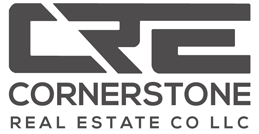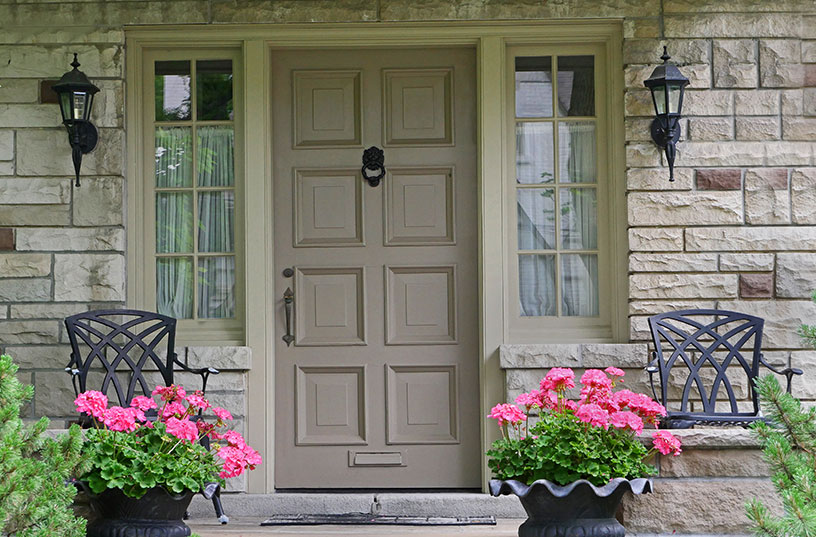Everybody likes the idea of saving money, which is why some people consider listing their house “for sale by owner” (FSBO). It’s true that FSBO will save you the extra commission to a real estate agent. This makes sense in certain circumstances. For instance, if you have an interested buyer lined up, such as a relative or friend, or have prior real estate experience.
However, selling FSBO has risks. Research shows that FSBO homes take longer to sell, are more likely to fall out of contract after accepting an offer, and typically sell for less. Not to mention the additional time, effort, and stress involved. In fact, only 11% of sellers actually succeed at selling FSBO.
Before you decide to sell your home on your own, it’s important to consider all the factors.
1. Time on Market
In a study by Bright MLS, homes listed on MLS (multiple listing service) went under contract in an average of 11 days compared to 31 days for those not listed on MLS, such as FSBO properties. Only licensed realtors and brokerages can list on an MLS, but it’s how the majority of buyers and buyer’s agents find homes for sale. FSBOs miss out on this exposure, which means potential buyers may never know about your home.
2. List Price
According to a study by the National Association of Realtors (NAR), FSBO homes sell for about 26% less on average than properties represented by an agent. On a $400,000 home, that could mean losing over $100,000 – far more than you’d pay in realtor fees!
Part of the problem is determining the right list price or “sweet spot,” which takes more than simply looking at what other homes are selling for in your area. Pricing your home requires knowledge of the local market, including recent sales, pricing trends, supply (i.e., competing homes on the market), demand, neighborhood information, and more. Real estate agents have access to comparative market analyses and a wealth of other data. They can also help you identify and value your home’s unique features, such as upgrades.
Without this expertise, FSBOs risk underpricing their home and leaving money on the table or overpricing their home and extending their days on the market and losing prospective buyers.
3. Marketing Expertise
Unless you have a buyer lined up, the key to selling your home at the best price in the shortest amount of time is reaching the most potential qualified buyers and that requires marketing. The word “qualified” is important. You might get people coming to look at your house, but unless they are qualified buyers, it’s just foot traffic. (Do you really want random, unqualified people going through your house?) As mentioned earlier, realtors have access to MLS marketing platforms, which is how most potential buyers find homes. But they also make use of professional networks, professional photography and video, virtual tours, and staging services. They are trained to present your home in the best light possible to attract the most qualified buyer.
Did you know that homes that have been professionally photographed bring in a 47% higher asking price per square foot and 87% of buyers rely on photographs and videos to make decisions about a home?
4. Legal Requirements and Liability
The paperwork involved with the sale of a home is very complex. Without an agent, you’ll be responsible for handling all the paperwork, ensuring all legal requirements are met, and assuming the liabilities. There are various disclosures and regulations required by law when selling a home. For instance, Michigan requires both a seller’s disclosure and a lead-based paint disclosure to be provided to the buyer. Some counties in Michigan also require a time of sale inspection of the well and septic systems to authorize transfer of the deed at closing.
Realtors are required to take classes every year to ensure they are up to date on legal processes. They have expertise in the contracts, disclosures, and mandated requirements necessary when selling a home. This helps minimize risk for both buyers and sellers and can eliminate errors and omissions which can lead to costly legal disputes and/or delays. Although a real estate attorney is not required in Michigan, many FSBOs hire one to handle the sales contract and other paperwork. The average costs of a real estate attorney for a residential sale range from $500 to $1,500.
5. Negotiations
FSBOs assume the responsibility of working and negotiating with the buyer, who obviously wants the best deal possible. In addition, the buyer’s agent (if they have one), will be using their expertise on behalf of the buyer. The home inspector, who also works for the buyer, the home appraiser, who appraises the home’s value to protect the lender, and the title company, who is responsible for ensuring clear title is conveyed to the buyer for their protection against any liens against the property, boundary disputes, etc. are all working on someone else’s behalf. Meanwhile, you are on your own.
With a realtor by your side, you have someone skillfully working on your behalf, handling tough negotiations, counter offers and contingencies, resolving issues if/when they come up, and making sure your interests are protected.
While selling your home without a real estate agent can save you money on commissions, you may end up losing more than you save by selling your home for less than its worth, spending money on marketing, vetting buyers to ensure they’re qualified, negotiating contingencies and concessions, and paying attorney fees. You will more than likely also pay a buyer’s agent commission (if the buyer is represented by an agent), which may range from 2.52% to 3.23% of the sale price. So, before you decide to list FBSO, be sure to consider all the factors involved and make sure the pros outweigh the cons.
If you would like a no cost, no obligation consultation on selling your home, you can reach us here.










